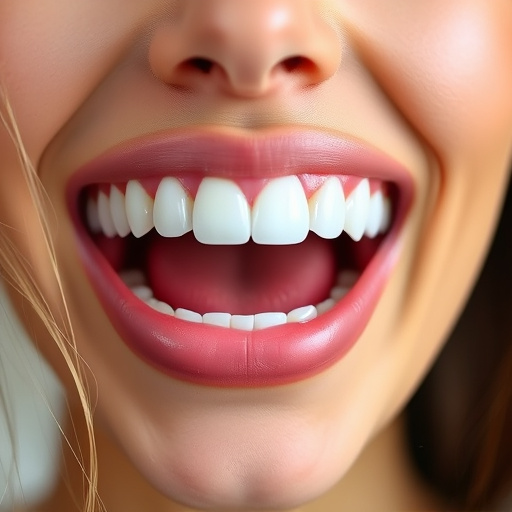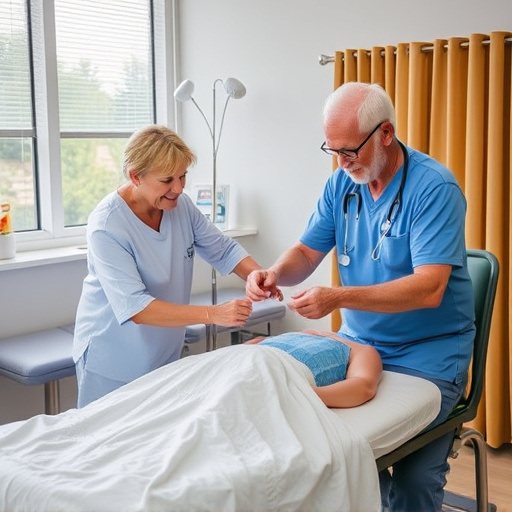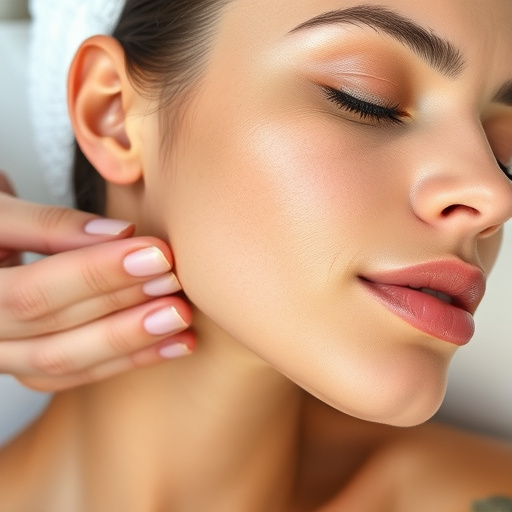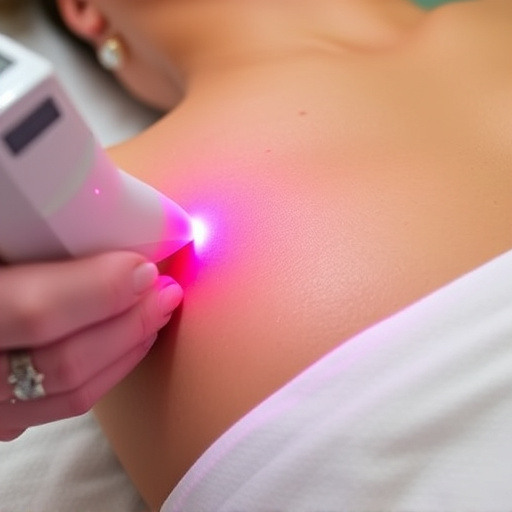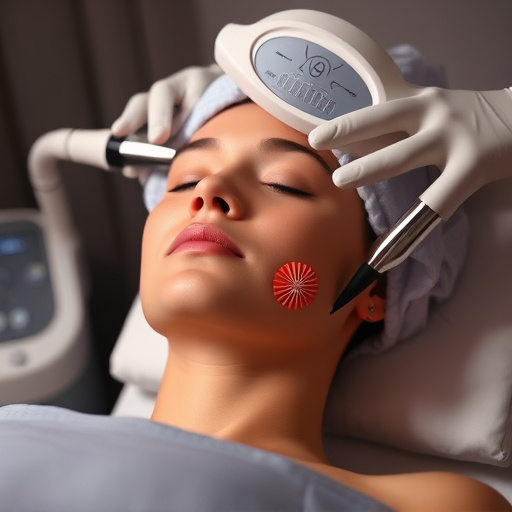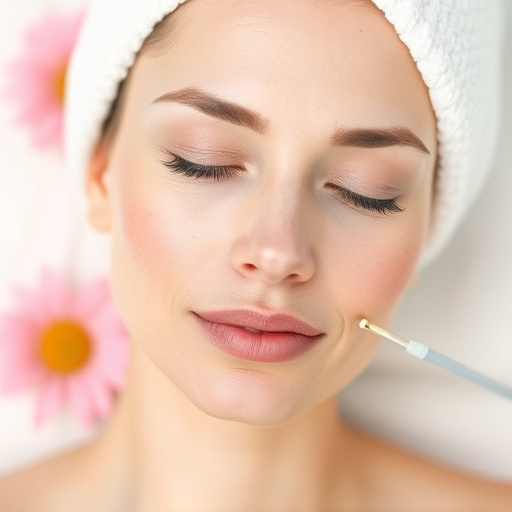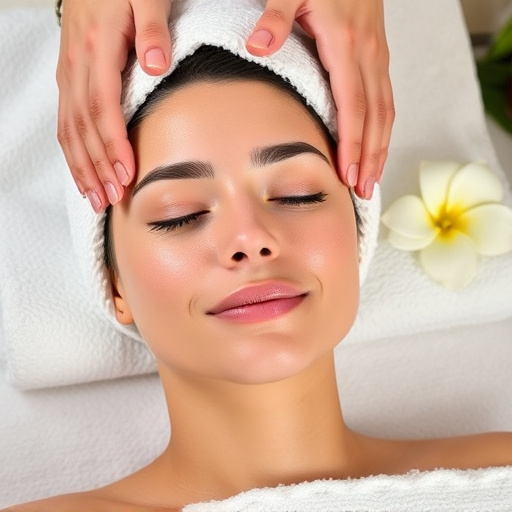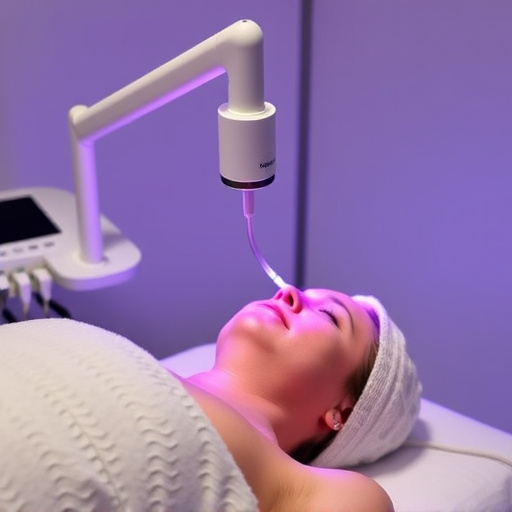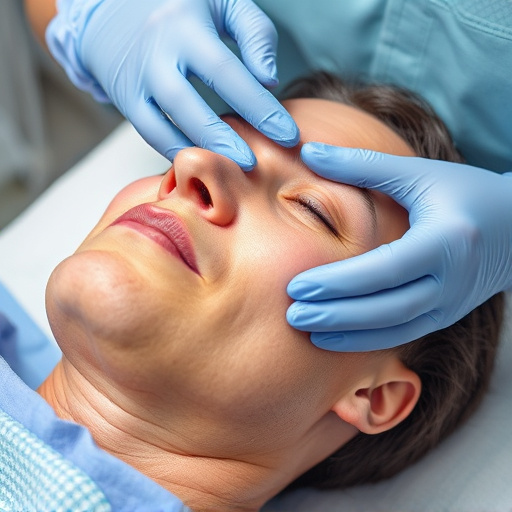Hormones play a significant role in individual responses to clinical strength treatments like laser hair removal and skin rejuvenation therapies. Fluctuations in estrogen, testosterone, and other hormones affect skin sensitivity, elasticity, and health, impacting treatment outcomes and side effects. Personalized care based on unique hormonal profiles is crucial for optimal results from these procedures, focusing on balancing hormones to enhance collagen production and skin elasticity.
Hormones play a pivotal role in shaping the results of clinical strength treatments. This article delves into the intricate relationship between hormones and skin response, exploring how these chemical messengers influence the effectiveness of various therapies. We examine the impact of hormonal fluctuations on skin conditions and discuss personalized care approaches that consider individual hormone levels. By understanding this connection, healthcare professionals can optimize treatment strategies for better clinical outcomes.
- Understanding Hormonal Impact on Skin Response
- The Role of Hormones in Treatment Effectiveness
- Personalized Care: Hormones and Clinical Outcomes
Understanding Hormonal Impact on Skin Response

Hormones play a pivotal role in dictating how our skin responds to various clinical strength treatments. Understanding this hormonal impact is crucial for achieving optimal results in procedures like laser hair removal and skin rejuvenation therapies. Every individual’s hormonal landscape is unique, with fluctuating levels of estrogen, testosterone, and other hormones influencing the skin’s sensitivity, elasticity, and overall health.
This intricate relationship means that when undergoing clinical strength treatments, such as intense pulsed light (IPL) therapy for uneven skin tone or laser hair removal for persistent unwanted hair, hormonal fluctuations can affect outcomes significantly. For instance, during certain phases of a woman’s menstrual cycle, her skin might be more sensitive to light therapies, impacting the effectiveness and potential side effects. Similarly, hormonal imbalances associated with conditions like polycystic ovary syndrome (PCOS) or menopause could influence skin brightening treatments’ efficacy.
The Role of Hormones in Treatment Effectiveness

Hormones play a significant role in the effectiveness of clinical strength treatments for many individuals. These chemical messengers in our bodies can influence how our skin responds to various procedures, from topical applications to intense therapies like chemical peels. The complex interplay between hormones and skin health is often overlooked, yet it’s a crucial factor in achieving optimal results. For instance, estrogen and testosterone levels can impact the skin’s ability to heal and its overall sensitivity.
Understanding this hormonal influence is essential for professionals in the skincare industry. By considering individual hormone profiles, experts in anti-aging treatments and other clinical procedures can tailor their approaches. This personalized approach ensures that treatments not only address visible concerns but also account for the unique hormonal landscape of each patient, potentially enhancing outcomes and promoting healthier skin.
Personalized Care: Hormones and Clinical Outcomes

Personalized care is a key aspect of achieving optimal results from clinical strength treatments. Hormones play a significant role in this process by influencing various physiological processes that impact skin health and the overall effectiveness of aesthetic treatments. Each individual’s hormonal makeup is unique, and understanding these nuances can lead to more tailored and successful outcomes.
For instance, hormones like estrogen and testosterone can affect collagen production and skin elasticity, which are crucial factors in procedures like microneedling therapy. By considering a patient’s hormone levels and balancing them appropriately, healthcare professionals can enhance the benefits of clinical strength treatments, ensuring that the desired aesthetic improvements are achieved more effectively and sustainably.
Hormones play a significant role in how our skin responds to clinical strength treatments. By understanding the intricate relationship between hormones and skin conditions, we can tailor personalized care plans that enhance treatment effectiveness. This approach ensures optimal results for each individual, highlighting the importance of considering hormonal influences in achieving healthy, radiant skin. Incorporating this knowledge into clinical practices empowers dermatologists to offer more targeted and successful solutions for a variety of skin concerns.
